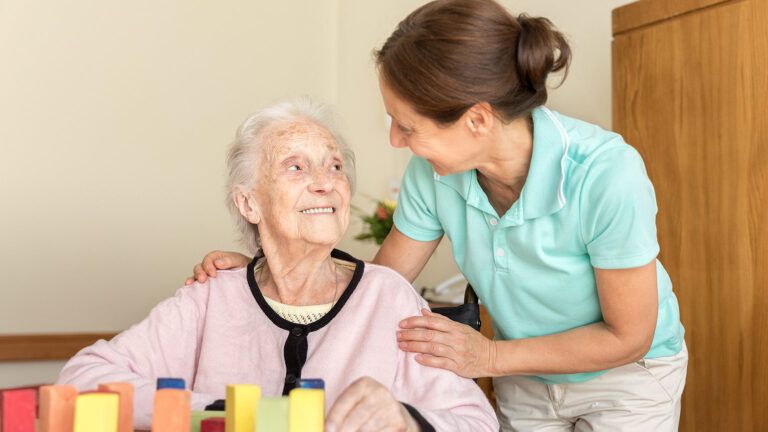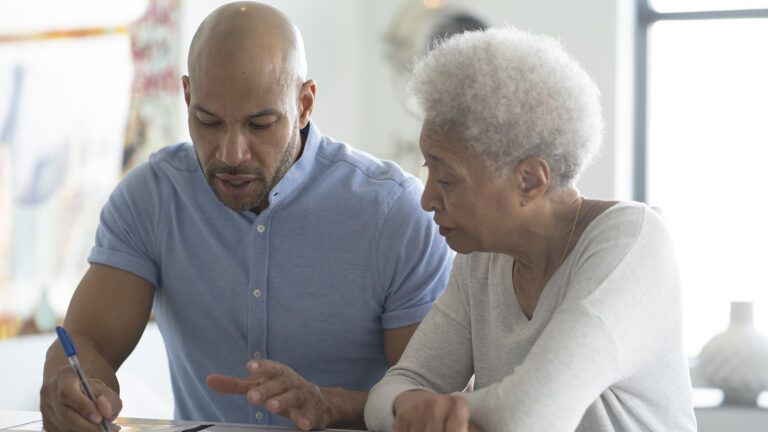Sarah Nicolay is a Research Assistant at Benjamin Rose Institute on Aging
The grieving process is different for every caregiver. When a loved one who has been under your care dies, your emotional responses may run the gamut from sorrow to anger. At times, you may feel frustrated or irritable, while at other times, guilt may spring up. Grief can also have physical effects. You might not feel like eating or sleeping, and even breathing could be difficult. You may find comfort around other people or simply crave solitude and silence. These are all normal reactions. Likewise, grief doesn’t follow a set timeline. It takes as long as it takes. Let yourself experience and express your emotions in your own way, whenever they come. Know, however, that even though grief is rough and tricky, the following resources can be great avenues of support:
- Your Personal Support Network
Family members and friends can provide a wealth of assistance. Allow yourself to ask for help when you need it. Some people may want to help, but aren’t certain of what it is you need, so it can make things easier to let them know exactly what they can do to give you support or comfort. Accept their assistance if it is offered. Have lunch or dinner with someone you’re close to, or plan an outing on days that may be especially challenging. You might want to arrange special activities with family and friends to celebrate or reminisce about your loved one.
- Faith Communities
Religious activities may be comforting during mourning. You may want to seek out a member of the clergy or of your faith community for a shoulder to lean on. Prayer or meditation can also provide solace. If you want to explore other spiritual healing methods, you could try practices like Reiki—a Japanese technique of stress reduction, relaxation and healing—or guided imagery.
- Helplines
If you are uncomfortable sharing your feelings with your loved ones or other people you know, a helpline can offer support. Sometimes just talking about your loved one with someone else can make you feel better during times of loss. More information on available helplines can be found at The Grief Resource Network.
- Support Groups
These groups, including organizations that focus on specific diseases, such as the Alzheimer’s Association, can be found throughout your community in churches, local hospitals, counseling centers and hospice care agencies. They offer an excellent way to express your grief with others who are dealing with similar challenges.
- Medical Services
If you feel your grief is overwhelming, seek help from medical support services. You may be more susceptible to depression, anxiety and illnesses during this time. If you or a loved one are suffering from severe depression or having suicidal thoughts, seek medical help immediately. There are always options to get you through a crisis.
Honor whatever feelings you have. There is no “right way” to grieve. Everyone experiences loss in his or her own way. If you have recently lost a loved one, keep in mind these tips from the Alzheimer’s Association and National Hospice and Palliative Care Organization: Avoid making any big decisions in the early months, such as moving or changing jobs. Keep items that your loved one treasured to remind you of them. Take time to reflect and try not to become isolated. Remember there is always help available if you ask for it.




